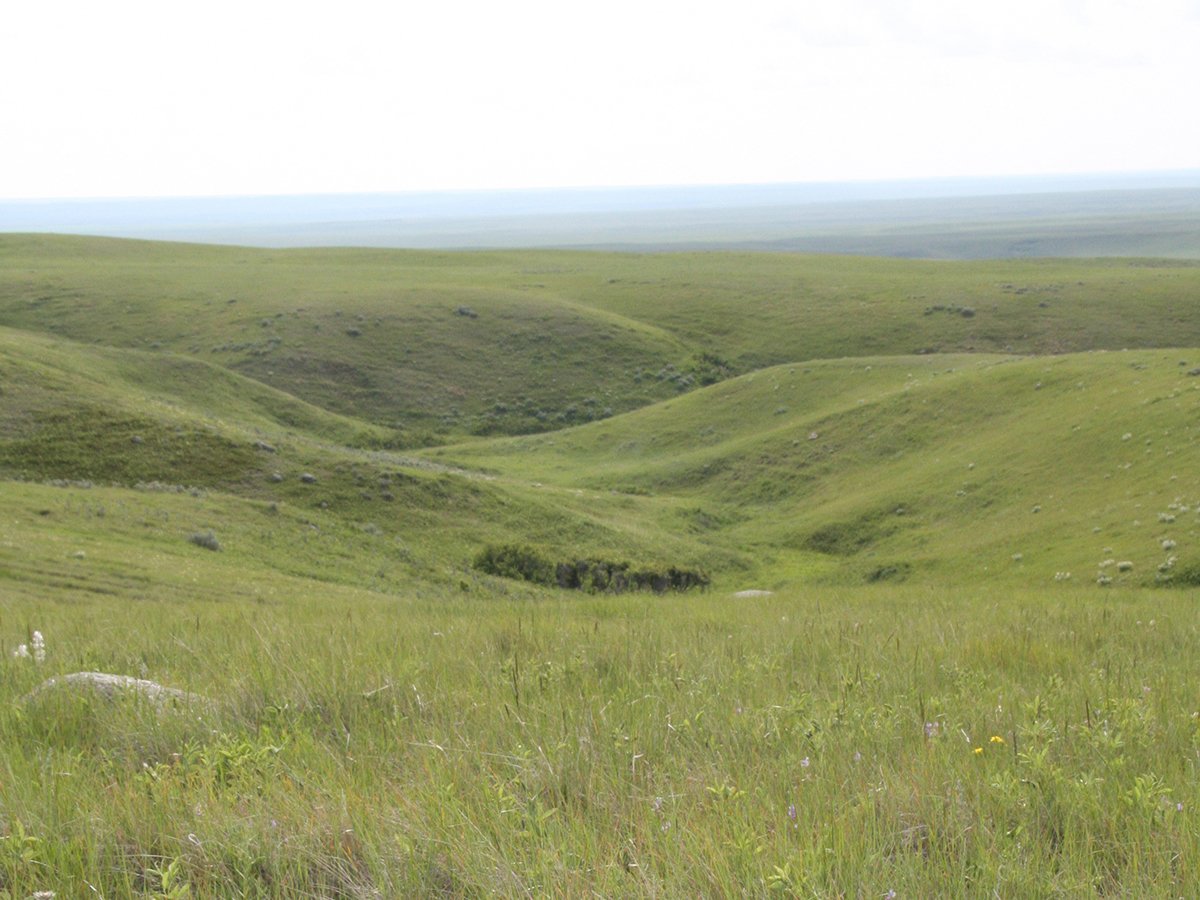CALGARY – For some Alberta students school now means the four R’s.
That is, readin’, ‘ritin’, ‘rithmetic and raffles.
Since the provincial government reduced education budgets across the province to the tune of $252 million, several schools have embarked on innovative ways to boost their bank accounts.
Traditionally, bingos, casinos, car washes and selling candy, discount coupons or gift wrap brought in extra money for special projects like sports equipment, computers, additional books or class outings.
At three schools in Cochrane and another in Airdrie, parents wanted to do something different to raise large amounts of money quickly.
Read Also

Alberta irrigation project on grasslands approved
Environmental concerns raised by Alberta conservation groups over irrigation expansion project within rural municipality
The parents of rural students attending Cochrane High School, Manachaban Middle School and Elizabeth Barrett Elementary are involved in Cow Lotto ’94, in which a package of 116 acres of land between Olds and Sundre, complete with a refurbished mobile home and 40 bred cows, is being raffled Dec. 31.
Tickets, worth $50 each or three for $100, may be sold to anyone in the province over 18 years of age.
The group hopes to clear $138,000 for a three-phase plan to bring high tech computers to their schools.
Response to this new approach to fundraising is phenomenal, said high school principal Rick McDonald.
He said Cochrane is a wealthy community where parents want their children to have computer systems equal to urban schools built in the last five years. McDonald is impressed with the connections and skills many parents possess when it comes to major fundraising projects.
“It’s nice. It was started and devised and planned by parents,” he said.
“Our community doesn’t want our schools to fall behind. They want a first class (computer) system and they’re prepared to use their expertise to establish these kinds of things.”
This venture is a far cry from community service projects and small raffles held in the past, he said.
Last year a television news program, aimed at teenagers, proposed offering its fundraising service to schools with sponsorship from a soft drink company. Cochrane toyed with the idea of piping in the service but preferred more generic fundraising, said McDonald.
At Airdrie a parents’ society was formed this fall to sell raffle tickets on a dream home built with volunteer supplies and labor. With tickets selling for $50 each or two for $88, the school has issued 8,888 chances on a home worth $212,000 in Airdrie. The school hopes to raise more than $200,000 to subsidize transportation, band and sports equipment for George McDougall High School.
Activities monitored
The Alberta gaming control board and commission are watching these activities to make sure no one steps over legal boundaries. About 9,000 gaming licenses were issued to charities last year by the province, many of them connected to schools, said Mike Fluker of the control board. Bingos and casinos are common.
To be eligible for a licence, a society must be formed and incorporated as a charitable group. How the money is raised and spent is strictly governed, said Fluker.
“They can’t just spend the money on anything they want. It has to be approved by the commission. Extracurricular activities may not, in all cases, qualify, ” he said.
“The commission is very specific about ensuring that funds that are raised go to education…additional opportunities they may not otherwise have, like computers for their library.”
For example, playground and sports equipment is allowed but requests for money to pay for trips to Europe are not generally acceptable, he said.

















